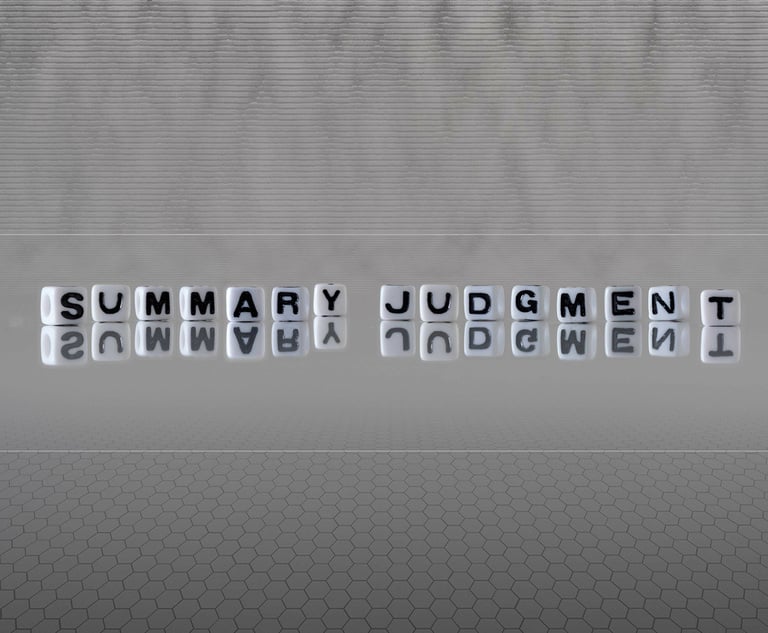An unending debate among legal writers centers on the use of footnotes. Some urge the elimination of footnotes to make legal writing easier to read. Others believe footnotes add necessary detail without interfering with the overall text. Managed properly, footnotes offer a useful tool, particularly in academic articles, yet among many in the judiciary, they are viewed as a distraction.
The federal courts routinely caution against the excessive use of footnotes. Seventh Circuit Judge Richard Posner never used one. Justice Steven Breyer voices a “no footnotes” policy. Many local court rules limit footnotes. Here in the Third Circuit, Local Appellate Rule 32.2, states: “excessive footnotes in briefs are discouraged.” In fact, then-Judge Alito, writing for the court, so advised counsel, stating: “Arguments raised in passing (such as in a footnote), but not squarely argued, are considered waived.” John Wyeth & Bro. Ltd. V. CIGNA Intern., 119 F. 3d 1070, 1076 n.6 (3d Cir. 1997). Ironically, the message was delivered in a footnote.


 Credit: Adobe Stock
Credit: Adobe Stock




